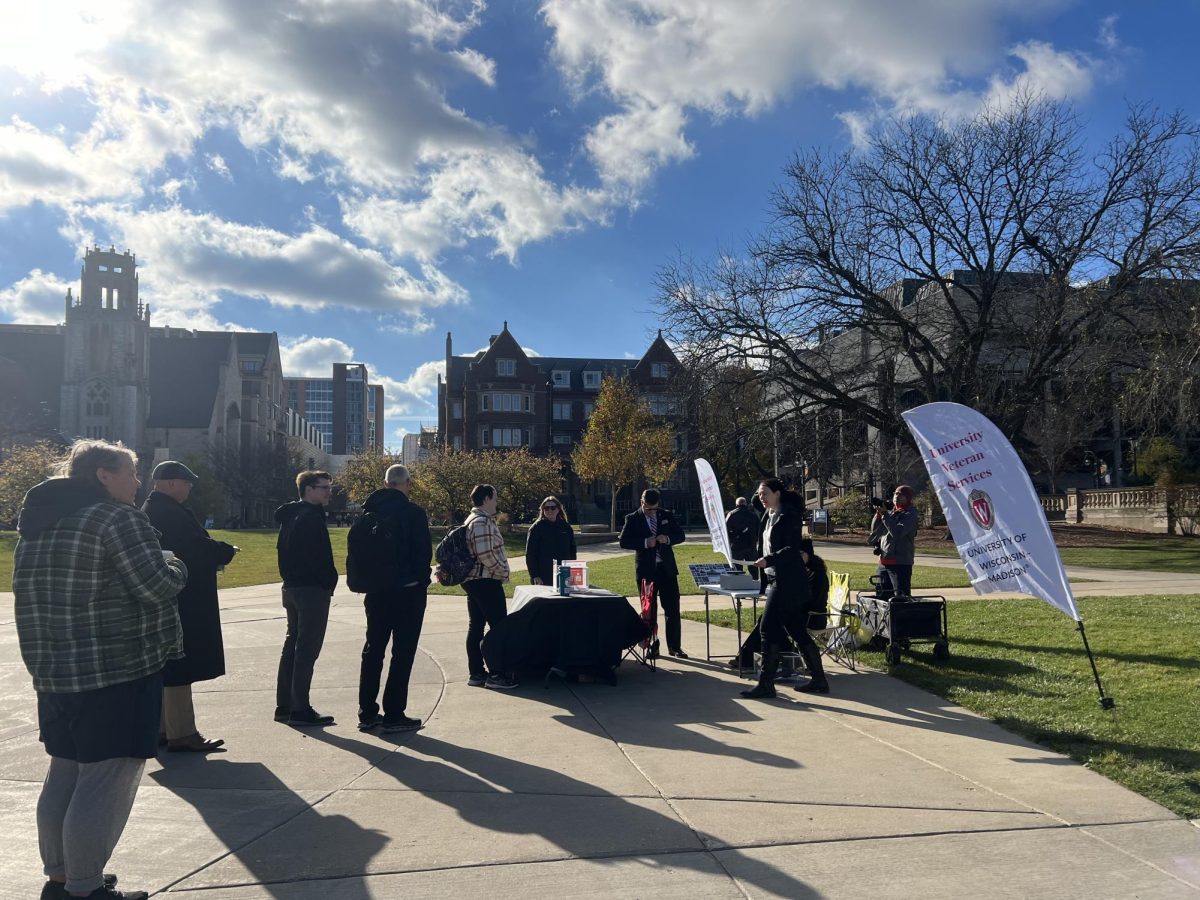A University of Wisconsin engineer recently received a grant from the US Marine Corps providing funds to continue work on a new “green” diesel engine with another Wisconsin entrepreneur.
Engineer Tim Shedd and entrepreneur Gerald Kashmerick received an $850,000 grant to further their work on a six-stroke external combustion engine called the “K6,” according to a UW statement.
Normal external combustion engines have four strokes, referring to the different positions of the piston.
The flexible-fuel engine Shedd is designing will have six strokes, making it quieter and more efficient, the statement said. Flexible-fuel is a mixture usually composed of gasoline mixed with ethanol or methanol fuel.
“The two main goals of this project is for the engine to use flexible-fuel and have to it burn cleanly,” Shedd said.
Shedd said there is a tradeoff for using the cleaner burning fuel as the sixth rotation results in increased friction and therefore a loss of overall power.
Kashmerick and Shedd have been working closely together to solve specific heat-related problems such as ensuring the valves transfer heat properly and can withstand high temperatures, Shedd said.
Currently, the pair is working on specific modeling of the engine to find its limits.
The modeling will not only find the model engine’s limits but also make sure expectations of the engine are realistic.
Kashmerick will use the bulk of the grant money to form a working prototype to further conduct tests for eventual use by the US Marine Corps.
Shedd said this engine would be extremely beneficial for the military.
“This is exactly the type of engine they are looking for, something that can run on many types of fuels and is clean-burning,” he said.
Shedd said immense credit should also be given to Jack Heinemann, director of the Wisconsin Security Research Consortium, a nonprofit organization focused on scientific and technological improvements for homeland security. Shedd said the project would not be where it is and would not have received the grant funding without Heinemann’s work.
“[Heinemann] has been crucial to this relationship with the US Marine Corps and bringing this project to Wisconsin,” said Shedd.
While the engine’s short-term future is for use for the US military, Shedd emphasized the long-term goals center on consumer, as its quiet nature, flex fuel options and clean burning give it potential to work in both generators and lawn care equipment.













